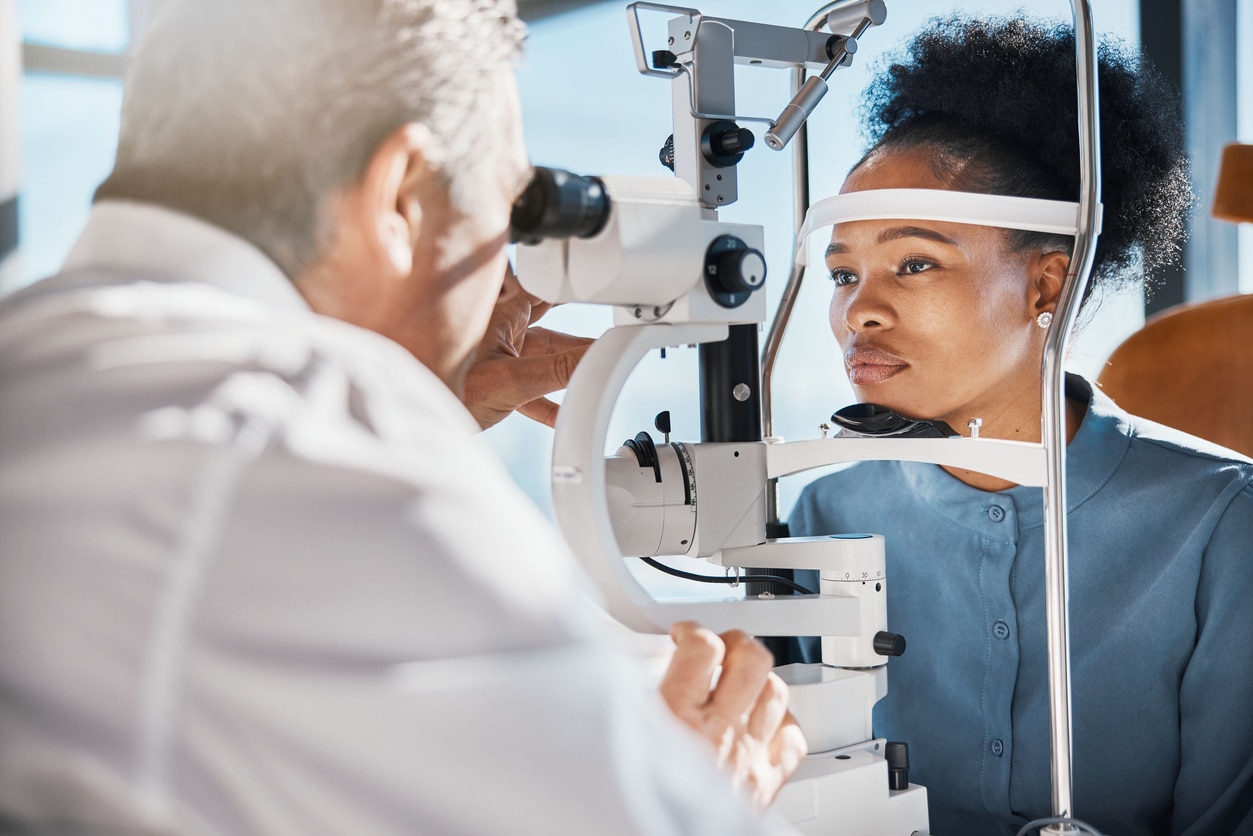All Categories
Featured
Table of Contents

Routine eye evaluations are crucial for keeping excellent vision and finding potential eye wellness concerns early. Nonetheless, the regularity of these exams can differ significantly based upon a person's age, way of living, and overall wellness. Comprehending the advised schedule for eye exams can aid make certain that people of any ages obtain ideal care and monitoring for their eye wellness.
Infants and Toddlers (0-2 Years)
For kids and infants, eye examinations are important for discovering any prospective vision issues beforehand. The American Academy of Ophthalmology recommends that a youngster's very first eye test must happen at around six months of age. Throughout this initial browse through, the eye care expert will certainly assess the child's aesthetic growth and check for any obvious eye issues.Following this first exam, it is recommended that children have an additional eye examination at age 3. This go to will focus on evaluating the youngster's total aesthetic feature, including eye positioning and the ability to track objects. If no issues are detected, the next examination must be scheduled prior to the child begins college, usually around age five or six.
School-Aged Children (6-18 Years)
Once youngsters get to college age, routine eye exams ought to be arranged every one to two years. Vision is important for finding out and growth, and lots of schools carry out vision testings. Nonetheless, these testings do not replace a comprehensive eye exam by an eye treatment expert.For youngsters included in sports or tasks requiring substantial aesthetic focus, yearly eye tests might be suggested. In addition, if a child exhibits indications of vision troubles-- such as trouble checking out, scrunching up your eyes, or regular frustrations-- a check out to the eye medical professional must be arranged as soon as possible.
Young Adults (19-39 Years)
Youthful adults normally have fewer vision modifications than older age, but routine eye exams stay essential. The basic referral is to set up an eye test every two years throughout this period. Individuals with specific danger aspects-- such as a household background of eye condition, diabetic issues, or those that put on contact lenses-- must take into consideration yearly eye tests.Furthermore, those that invest substantial time on digital gadgets may experience digital eye pressure. If signs such as dryness, exhaustion, or blurred vision occur, it might be sensible to see an eye treatment expert quicker.
Grownups (40-64 Years)
Grownups aged 40 to 64 must schedule eye tests every one to two years. Eye tests can likewise help identify other common age-related conditions such as glaucoma, cataracts, and macular degeneration.If people in this age group have risk variables such as high blood pressure or diabetes, they may need more constant exams to check their eye health carefully.
Elders (65 Years and Older)
For seniors, regular eye examinations come to be even much more essential. The American Optometric Association suggests that individuals aged 65 and older have an eye examination at the very least annually. Older grownups go to a higher risk for various eye conditions, including cataracts, glaucoma, and age-related macular deterioration. Early detection and treatment of these problems can stop vision loss and boost the lifestyle.Verdict.
Understanding the suitable routine for eye tests based on age is important for keeping ideal eye health throughout life. From babies to seniors, routine eye assessments play an essential role in identifying issues early and making sure that vision remains sharp. By sticking to these standards and speaking with an eye care specialist, individuals can take proactive actions toward maintaining their vision and total wellness. Whether it's a child's first check out or an elderly's annual check-up, prioritizing eye treatment is an investment in lifelong well-being.Latest Posts
An Elegant Getaway: The Claridge Indoor Pool
Published Feb 11, 25
1 min read
How Can Clients Personalize Furniture to Suit Their Home Decor?
Published Jan 22, 25
0 min read
Leading Patterns in Custom Furniture Layout for 2025
Published Jan 17, 25
0 min read